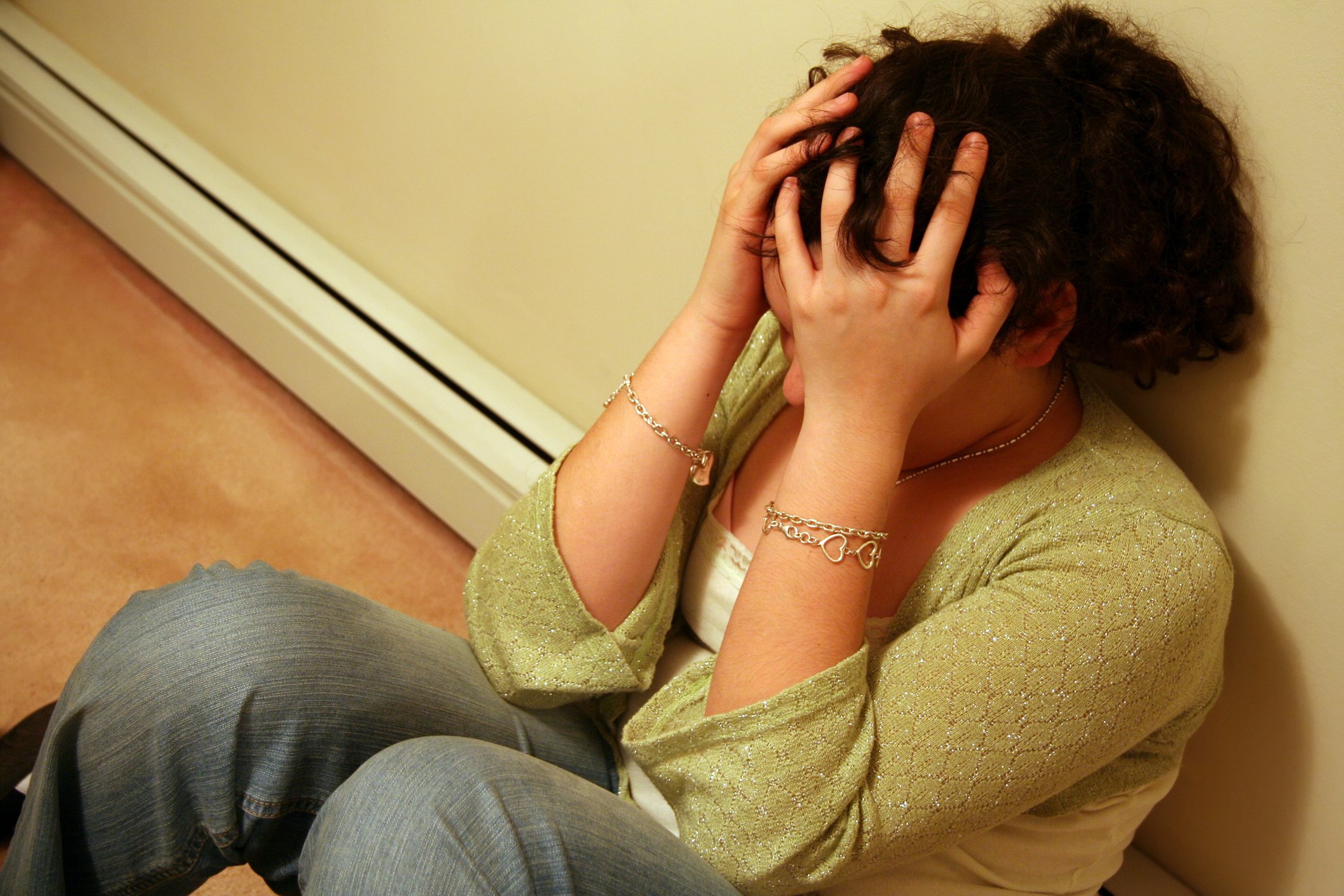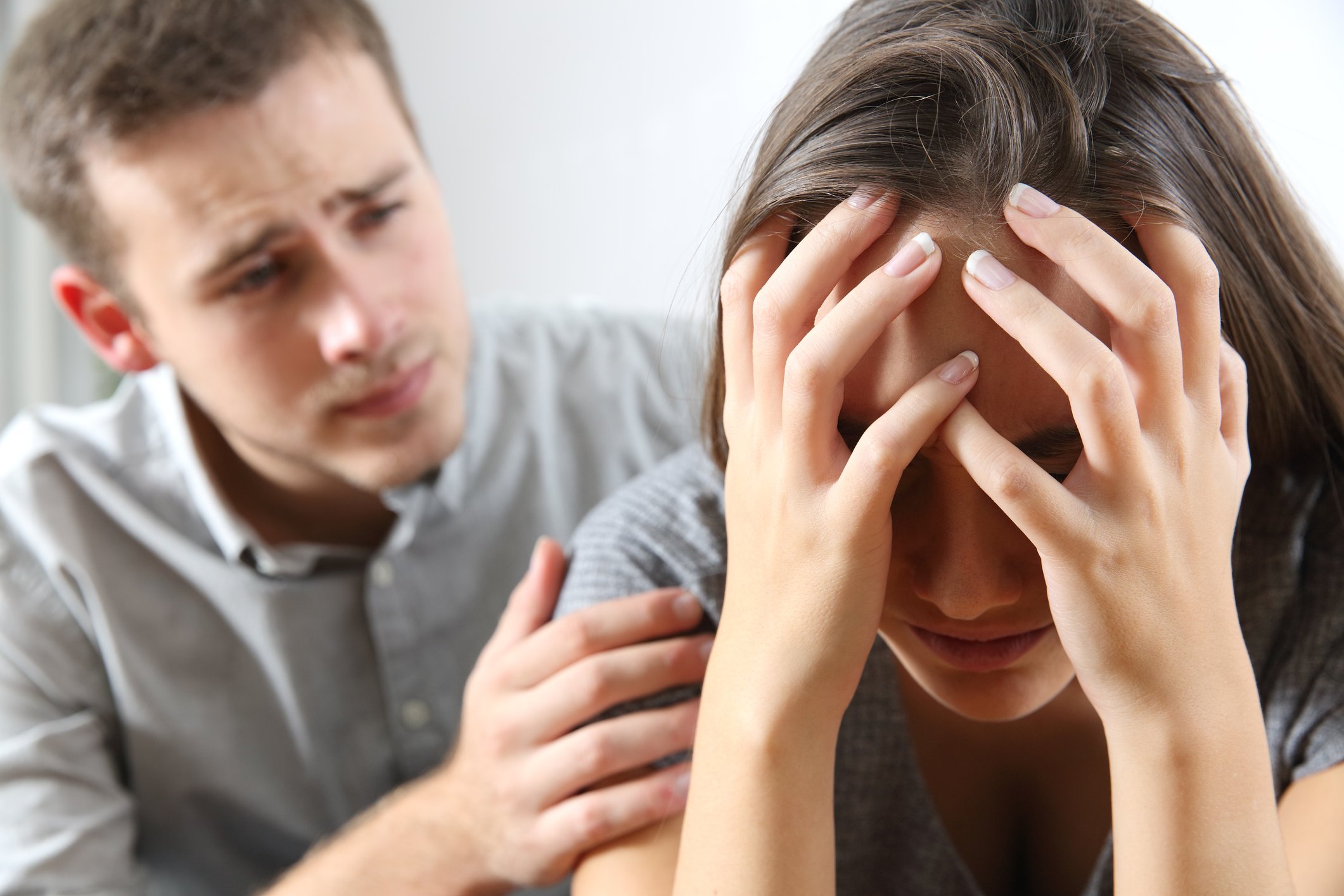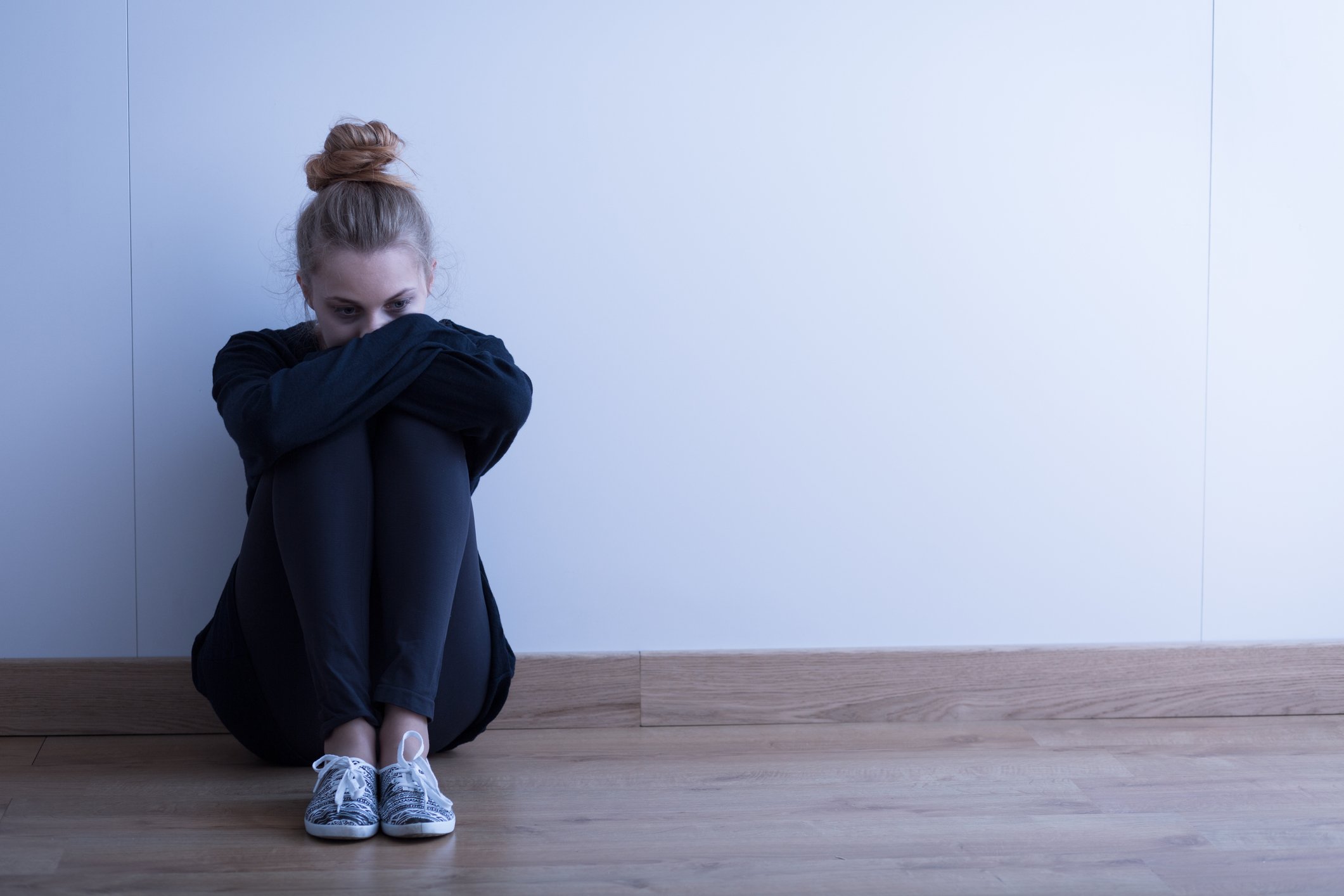Let’s Talk About Depression: What It Really Means
Depression is a word we hear a lot — on social media, in school, maybe even from friends. But what does it actually mean? For many teens, it’s easy to confuse feeling sad or overwhelmed with being depressed. The truth is, depression is more than just a bad day or a tough week. It’s a real mental health condition that affects how you think, feel, and act — and it’s more common among teenagers than you might think.
This blog post is here to clear up the confusion. We'll explore what depression really is, how it shows up, and why it’s not something to ignore or be ashamed of. Whether you're worried about yourself or someone you care about, understanding the signs and myths around depression is a powerful first step.
What Is Depression
Depression is a mental health condition that affects your emotions, thoughts, and energy levels. It’s not just about “feeling down” for a little while — it can last for weeks or even months, making everyday tasks like getting out of bed, going to school, or talking to friends feel incredibly difficult.
For teens, depression can be especially confusing. You're already dealing with big life changes, new responsibilities, and growing pressure to figure out who you are. Feeling sad sometimes is normal. But depression sticks around — and it doesn’t always look like sadness.
Common Signs & Symptons
Not everyone experiences depression the same way, but here are some signs to watch for:
Persistent sadness or hopelessness
Irritability or frustration, even over small things
Loss of interest in things you used to enjoy
Changes in appetite or weight (eating too much or too little)
Fatigue or low energy, even with rest
Trouble concentrating or making decisions
Sleeping too much or struggling with insomnia
Withdrawing from friends or family
Feelings of worthlessness or guilt
Thoughts of self-harm or suicide (if this happens, please reach out to a trusted adult or helpline right away)
It's important to remember that these symptoms can come and go, and some people may only experience a few — but if they persist and interfere with daily life, it could be depression.
Common Myths About Depression
Let’s clear up a few myths that can make it harder for teens to speak up:
“It’s just a phase.”
While mood swings can be part of growing up, depression is more than that and deserves real attention.“You can just snap out of it.”
Depression isn’t something you can will away. It's not laziness or weakness — it’s a mental health issue that needs support and sometimes treatment.“Only adults get depressed.”
Not true. Teens can and do experience depression — in fact, 1 in 5 teenagers will deal with it at some point.“Talking about it makes it worse.”
Actually, the opposite is true. Talking about depression is one of the best ways to start feeling better.
Why This Matters
Understanding what depression is — and what it isn’t — is one of the most powerful things you can do. It helps you recognise when you or someone you care about might need help, and it opens the door to healing.
You don’t have to have all the answers, and you definitely don’t have to go through it alone. Whether you're reaching out to a friend, a parent, a school counselor, or a mental health professional, asking for help is a strong and brave step.
Final Thought
Depression is real, and it matters. But so do you.
If you’re struggling right now, know this: you're not broken, and you're not alone. There’s help out there, and with time, support, and the right tools, things can get better. Talking about depression doesn’t make you weak — it makes you courageous. And the more we talk, the more we understand — and the less anyone has to suffer in silence.
Even though 1 in 4 people have mental health problems, most of us don’t get the help we need. This has to change. We’re Mind. We’re here to fight for mental health. For support, for respect, for you.










